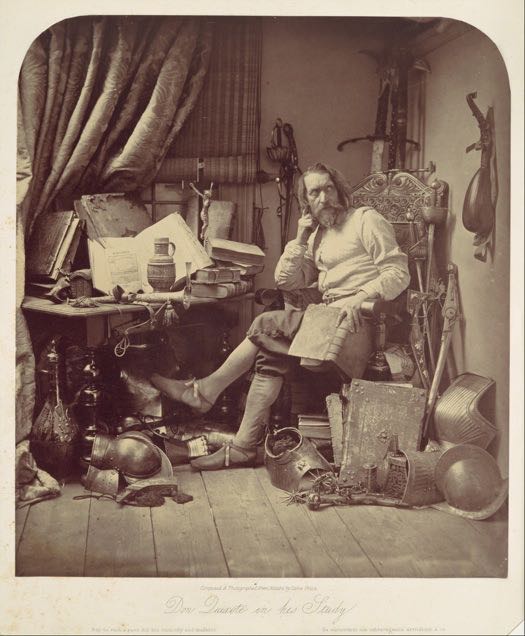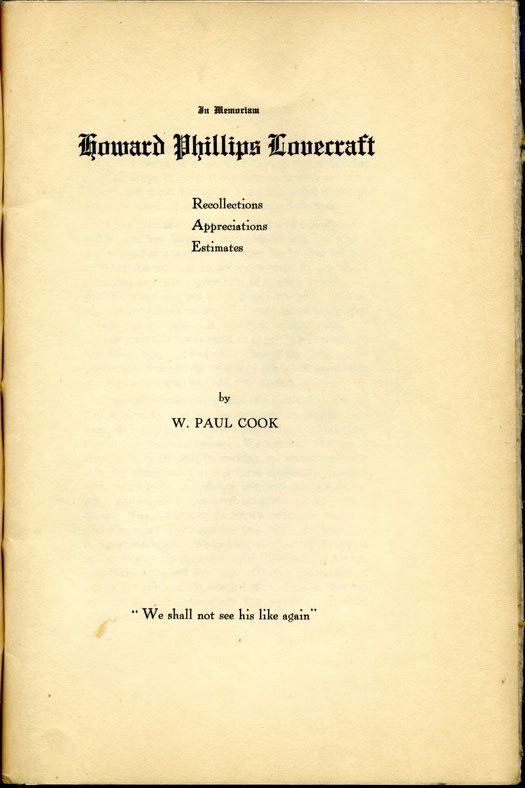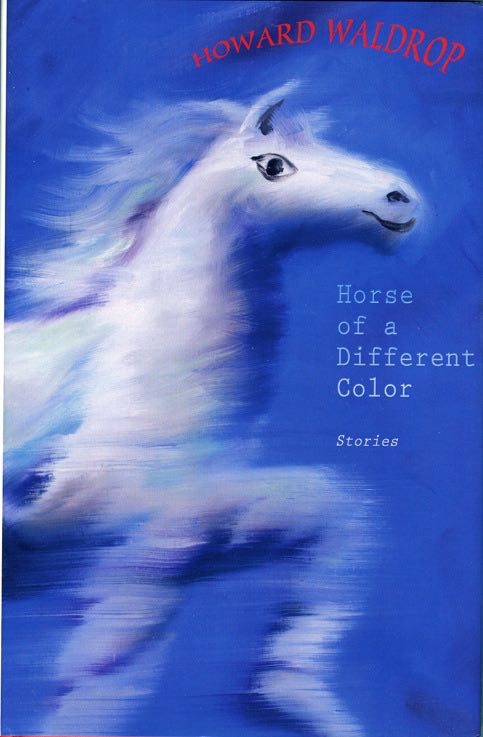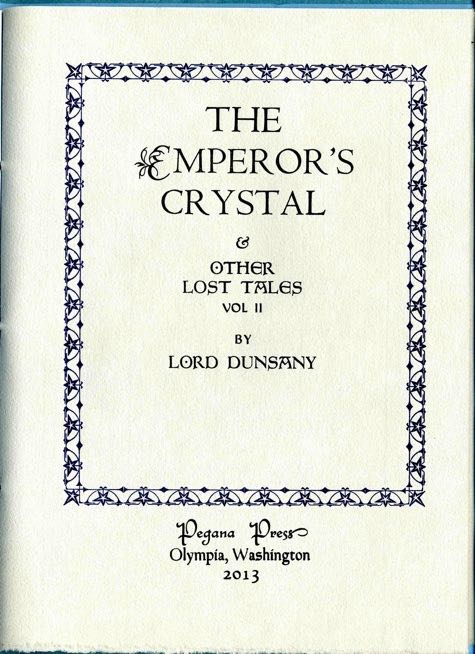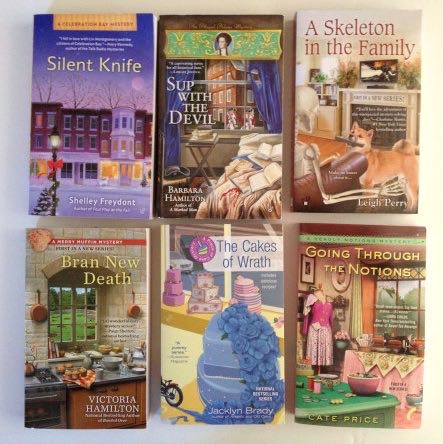
September - November 2013
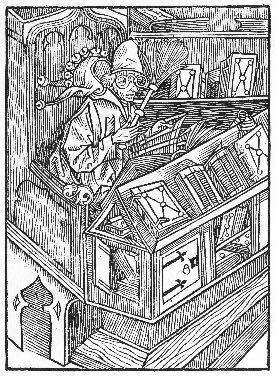
29 November 2013
current reading
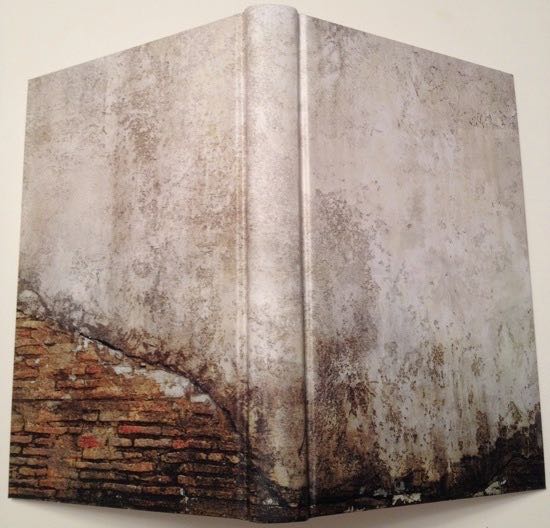
— Mark Valentine. Seventeen Stories. Swan River Press, 2013. Including a notable tale, “ The Return of Kala Persad ”, in which Valentine creates a deftly balanced and fully autonomous voice for a vegetarian Hindu sleuth in Edwardian London ; his earlier adventures were narrated by a pukka sahib in The Divinations of Kala Persad and Other Stories by Headon Hill (1895).
— — — —
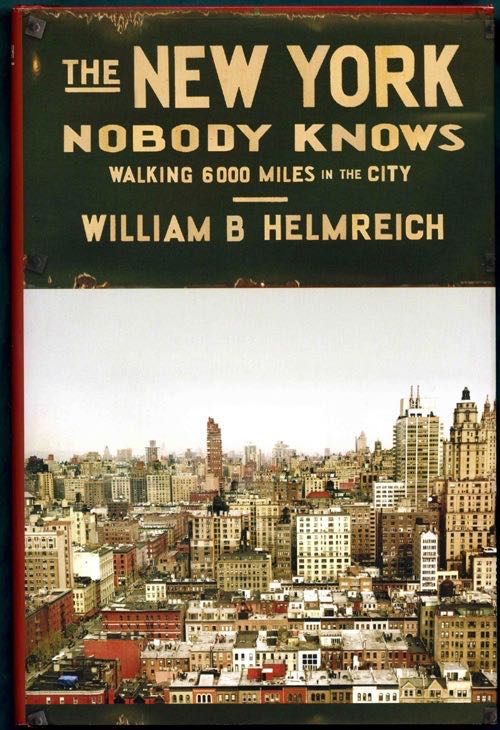
— William B. Helmreich. The New York Nobody Knows. Walking 6,000 Miles in the City. Princeton University Press, [2013]. Ethnography, anecdotes, and facts : an invitation to get out and walk around. For a review in the mid-December instalment of the Endless Bookshelf.
— — — —
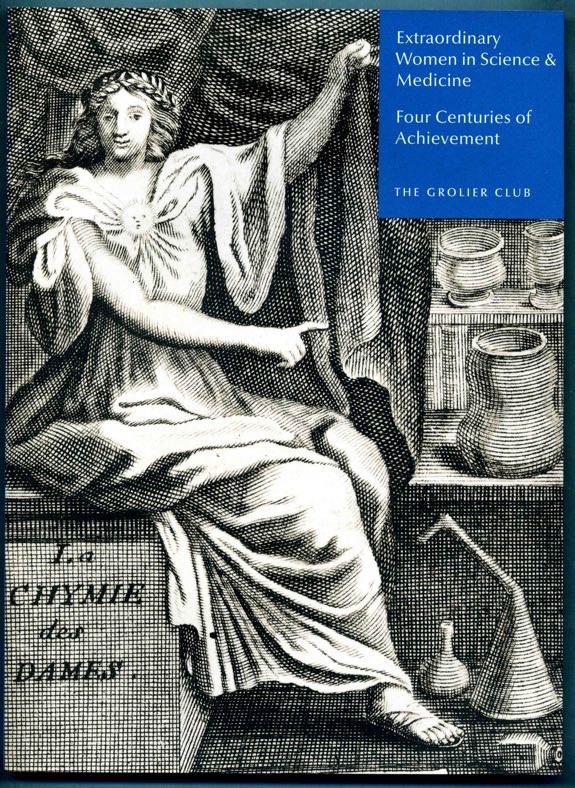
— — — —
The next update of the Endless Bookshelf (mid-December) will include the Book of the Year, a couple of reviews, and more. And soon it will be time for a centennial re-read :
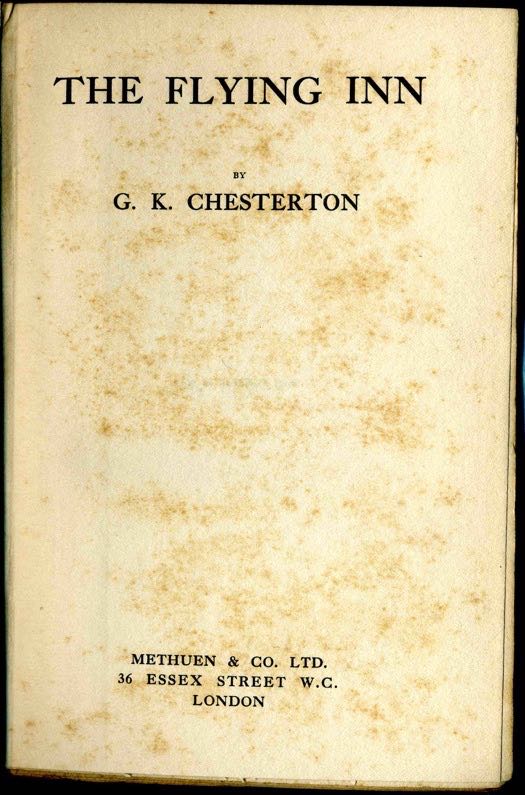
— G.K. Chesterton. The Flying Inn. Methuen, [1914]. My copy bears a pencil signature and the date January 1914. What a long century it has been . . .
— — — —
The Great Reader : Don Quixote in His Study, 1857
William Lake Price. Don Quixote in his study, 1857 http://images.metmuseum.org/CRDImages/ph/original/DP109643.jpg
— — — —
recent reading
— Colin Franklin. Obsession and Confessions of a Book Life. Oak Knoll Press | Books of Kells | Bernard Quaritch, 2012. Curious and engaging miscellany of bookseller memoirs along with detailed essays on William Morris, the Daniel Press, forgotten antiquaries, and R.S. Surtees. It was word of this book — and its author’s pleasure in reading Surtees in a Dickens year that prompted your correspondent to read Mr. Sponge’s Sporting Tour. I also rather enjoyed this summation of Morris, “ that he liked to set about a task as if inventing it ’ ; and Franklin’s impatience with labels :
Delightful it is to wander a museum where they do not tell you much, where objects declare themselves without the intrusion of information cards which spoil your focus. Must I look down from a picture to read who painted it, or that the sea I was watching is indeed a View of the Sea ?
The chapters entitled “ What Do You Specialise In ? ” and “ Expert ” are choice, and refreshing for their plain honesty. I shall never allow myself to be called an expert, thank you very much. And you should seek out for yourself and read the story about carbon-dating a manuscript. Franklin’s Epilogue, on his sister Rosalind (see above), serves as a very humanizing corrective to the simplifications against which an untimely death is powerless. “ Wall plaques and scholarships, buildings and biographies recall a sad half-truth of her life. ”
— — — —
— W. Paul Cook. In Memoriam Howard Phillips Lovecraft. Recollections Appreciations Estimates. [Written in December, 1940. Printed . . . by the author, . . . with the cooperation of the Driftwind Press, April to June, 1941]. Cook met Lovecraft in 1917 through amateur press circles. He commissioned and printed “ Supernatural Horror in Literature ” in The Recluse (1925), and printed The Shunned House in 1928 : “ still perhaps the best memoir of HPL ” (Joshi) ; edition of 94 copies.
— — — —
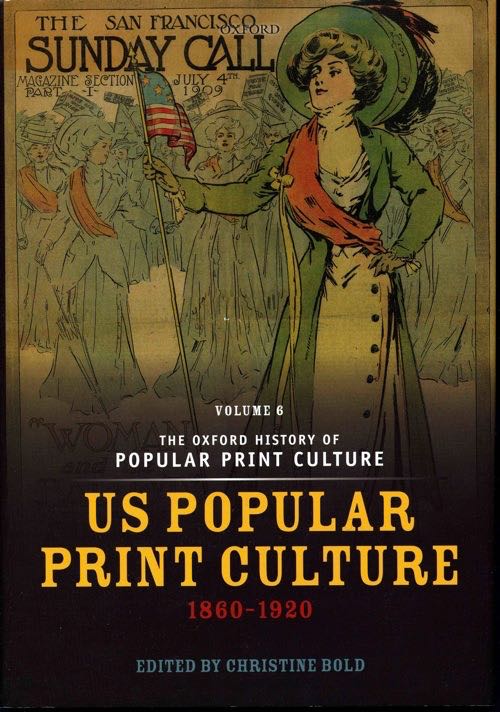
— The Oxford History of Popular Print Culture. Volume 6. US Popular Print Culture 1860-1920. Edited by Christine Bold. Oxford University Press, [2012]. Collection of 29 essays on a broad spectrum of printed materials from the period when technology fostered an explosion of print : mass circulation newspapers, dime novels, magazines, postcards, advertising, ephemera. Editorially somewhat overfond of “ contested ”, . . . but the massive waves of fact and implication drown the jargon. “ . . . in the US alone, 670 million [post] cards mailed in 1908, and by 1913, almost a billion. ” Essays on genre fiction, Suffrage Print Culture, Popularizing the Photography of Class Trauma, The Yellow Claw, Scrapbooks, Sentimentalism. [Thanks to SF who mentioned it in conversation.]
— — — —
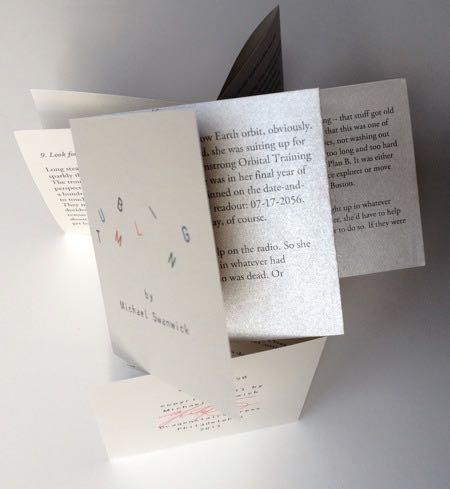
— Michael Swanwick. Tumbling. [Dragonstairs Press, 2013]. Miniature book, in black in on a single sheet of glossy paper, cut and folded to tumble three times during the course of the tale (the protagonist has rather a more difficult time). Edition of 50 copies, signed by the author.
— — — —
— Flann O’Brien. The Poor Mouth. A Bad Story About the Hard Life (1941). Translated from the original Irish by Patrick C. Power. Illustrated by Ralph Steadman. Dalkey Archive Press paperback. [Re-read]. The funniest book in the English language.
— D.T. Max. Every Love Story Is a Ghost Story. A Life of David Foster Wallace. Viking, [2012]. The saddest story in the world, beautifully told.
— — — —
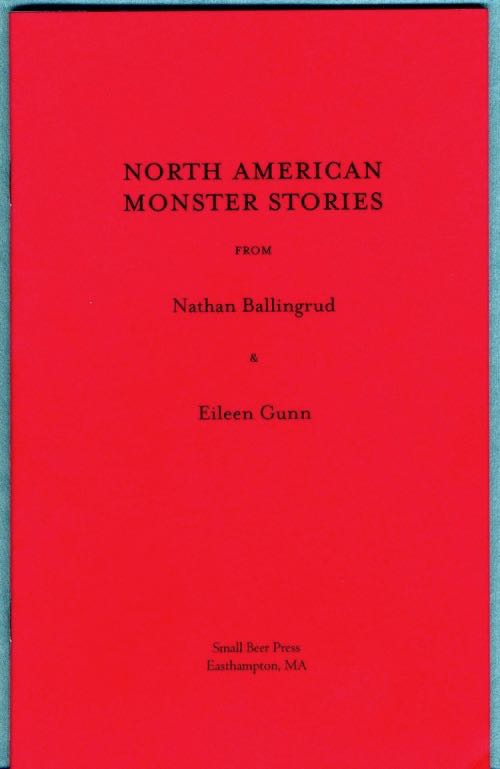
— North American Monster Stories [Cover title]. From Nathan Ballingrud & Eileen Gunn. Small Beer Press, [September 2013]. Includes “ North American Lake Monsters ” by Ballingrud and “ Up the Fire Road ”, Eileen Gunn’s sasquatch story (like no other). [Curiously, the red of this cover appears far brighter to the scanner than to my own eye].
— — — —
— Howard Waldrop. Horse of a Different Color. Stories. Small Beer Press, [September 2013]. Including the devastating “ Kindermarchen ” ; and “ Ninieslando ”, the story of the trenches, both of which Waldrop read at Readercon in recent years.
— — — —
— Lord Dunsany. The Emperor’s Crystal & Other Lost Tales Volume II. [Introduction by Darrell Schweitzer]. Pegana Press, 2013. Hand printed, 92 copies. Collection of eight previously uncollected stories, including “ The Secret Order ”, original to this volume. Second in the series, last year’s offering was the Endless Bookshelf Best Book of 2012. Sardonic tales, the wit of “ Researches into Irish History ” (Vanity Fair, November 1919) a bit sharper than usual. It would take two decades before Dunsany turned the Irish troubles into comedy, in Up in the Hills (1935).
— — — —

— Gene Wolfe. The Very Best of Gene Wolfe. A Definitive Retrospective of His Short Fiction. PS, 2009. Brilliant stories. The excellent introduction by Kim Stanley Robinson is available at the NYRSF website, http://www.nyrsf.com/2013/09/a-story-kim-stanley-robinson.html.
— — — —
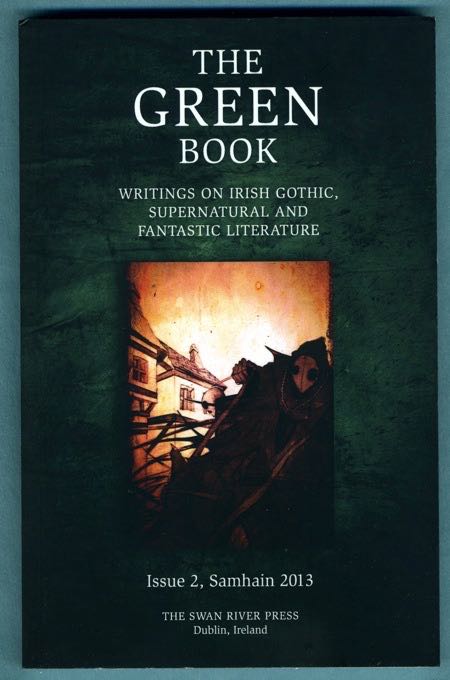
— The Green Book. Writings on Irish Gothic, Supernatural and Fantastic Literature. Edited by Brian J. Showers. Issue 1, Beltaine 2013. Issue 2, Samhain 2013. Interesting new journal from Swan River Press, with a great essay on Mervyn Wall by Richard Dalby (in no. 2) and an ongoing survey of the Irish Gothic by Albert Power.
— — — —
mailbag roulette : in which your correspondent runs screaming into the forest
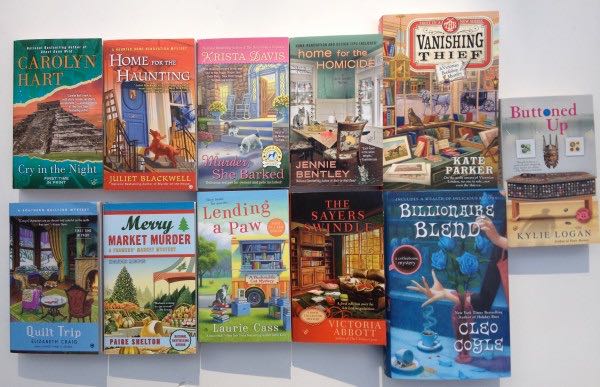
mailbag roulette (mid-November 2013) : 4 dogs, 5 cats, A Bookmobile Cat Mystery, and, most insidious : The Sayers Swindle.
— — — —
Least Trumps
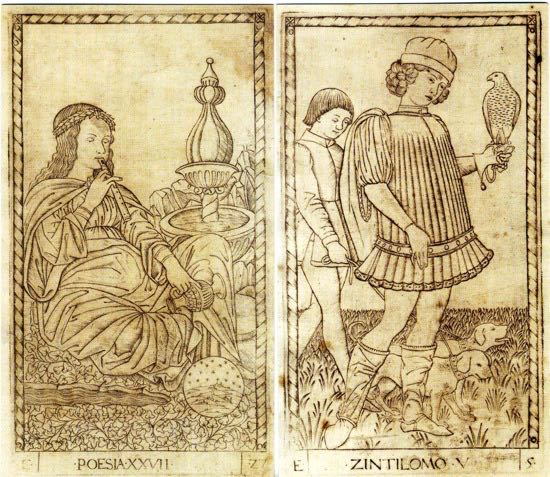
Two images from a fifteenth-century tarocchi deck, from the Philobiblon / Pregliasco catalogue in the form of a deck of cards. Now I have a sense of what the Edgewood tarot might have sprung from.
— — — —
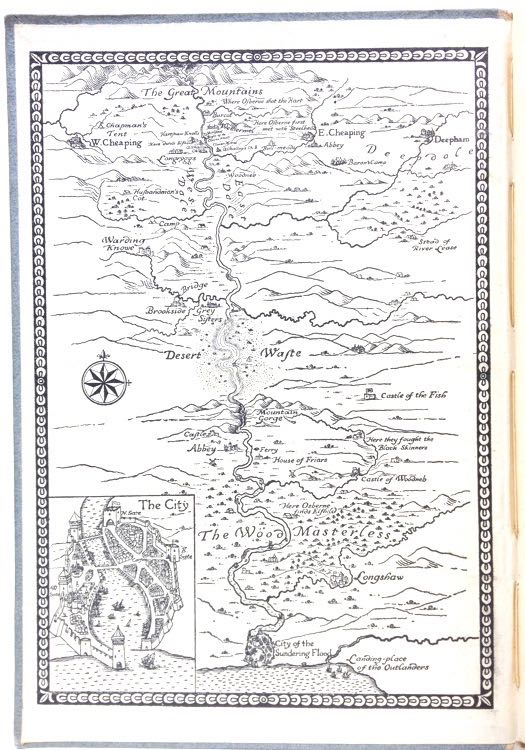
— [H. Cribb]. [Map for:] William Morris. The Sundering Flood. [Kelmscott Press, 1897]. Archetype of the fantasy map : from here to Tolkien, The Well of the Unicorn, and, of course, The Tough Guide to Fantasyland (1996) by Diana Wynne Jones
— — — —
Cordelia
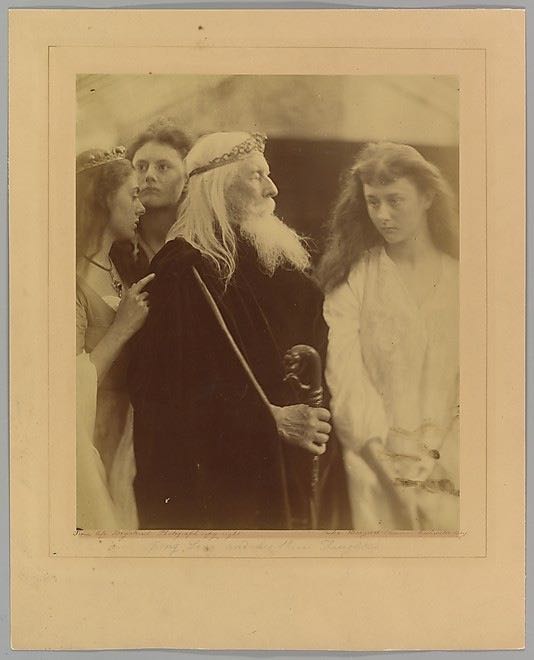
— Julia Margaret Cameron. King Lear allotting his kingdom to his daughters, 1872. “ What shall Cordelia do ? / Love and be silent. ” Seen at the Metropolitan Museum of Art exhibition, Julia Margaret Cameron, through 5 January 2014. Cordelia, at right, is Alice Liddell.
original image http://images.metmuseum.org/CRDImages/ph/original/DP295205.jpg
— — — —
Thinking about Consequences
from the very first post to the Endless Bookshelf :
I see that I have just made a decision that may run contrary to all currents in blogging — to link to author and small press and individual websites, but not to big corporate sales sites. I presume that anyone reading can choose how to obtain current commercially published books, or not.
— — — —
27-28 September 2013
The Library at Guantanamo by Molly Crabapple : ‘ In Gitmo, even the library stamps are secret ’
The Endless Bookshelf commissioned a drawing from artist Molly Crabapple and asked her to look around in the library during her recent tour of the prison camp at Guantanamo Bay (detail of her drawing above). She wrote, “ The librarian calls himself Milton. I don't think he catches the irony. ” Library stamps, the faces of librarians and prisoners : redacted ; “ ‘ Anti-establishment ’ books and all books on prisons/camps are banned in the library (except Eli Weisel’s Night) ”. Thank you.
No One Reads Kafka in Gitmo is her illustrated article on the library ; her account of the prison camp can be found here.
— — — —
recent reading
— Henry James. The Turn of the Screw [1898]. Penguin pbk. Re-read for the first time since high school, for craft and for the pleasure of a narrative of profound intensity delivered at such calculated remove from the events it chronicles : told at second hand, after the narrator’s friend reveals a secret he has kept for forty years, when he reads the written account by the governess of the events at Bly. As my friend TW said today, that is why they call him the Master. Next up, The Golden Bowl or The Ambassadors.
— Michael Arlen. The Green Hat. A Romance for a Few People. W. Collins Sons, [1924]. A beautiful and sad story and all the digression and breathless irrelevancies and hand-waving cannot quite conceal the tragedy. The ultimate 1920s novel.
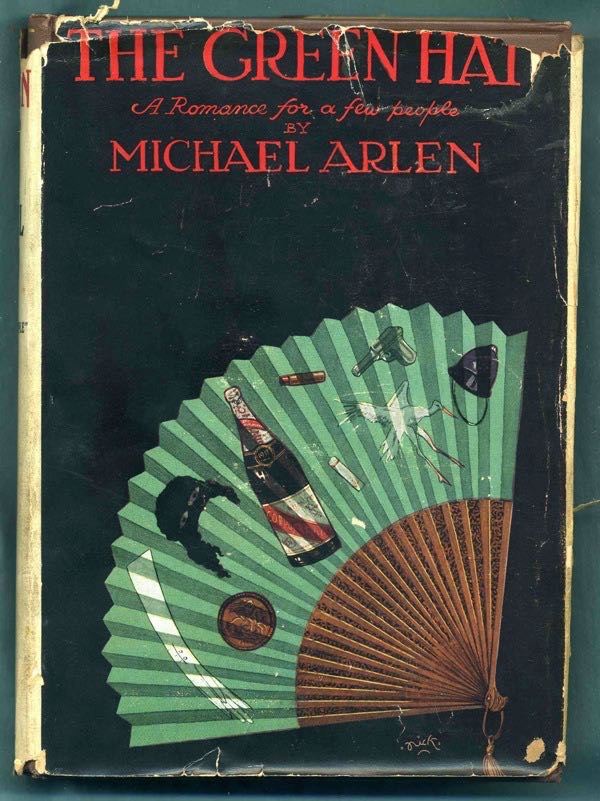
— — — —
— Horace Walpole. The Castle of Otranto [1764]. In E.F. Bleiler’s Dover ed. The epicenter of Gothic, that ur-Edifice that casts a long shadow ; a brisk and concise tale.
— Paul Witcover. The Emperor of All Things. Book I of the Productions of Time. London : Bantam Press, [2013]. A well-formed and inventive alternate eighteenth century, playing with time and timepieces ; good prose with tastes not only of Blake, Grimm, Crowley, Jeter, but the dry midwestern twang of William S. Burroughs : “ Or, rather, we are the plague, for we are not separate from time, Mr Quare. We are its very embodiment. . . . They are addicted to us. Addicted to time. ”
— — — —
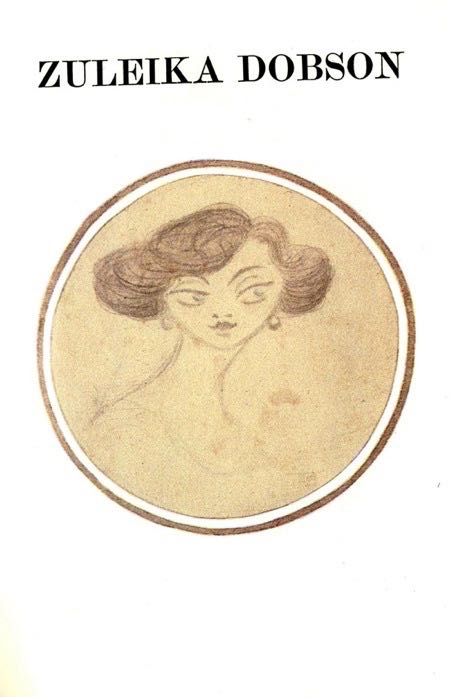
— Max Beerbohm. The Illustrated Zuleika Dobson or an Oxford Love Story [1911] with 80 illustrations by the author. Yale University Press, 1985. Prepared from Max’s own copy of the first edition, with his drawings.
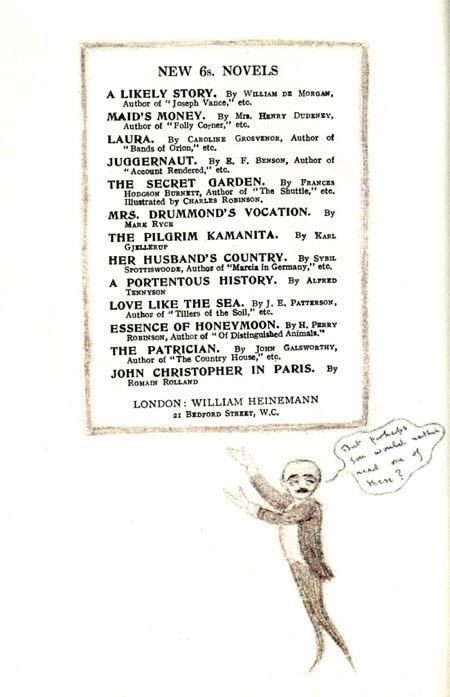
— — — —
— Charles Robert Maturin. Melmoth the Wanderer [1820]. A new edition from the original text with a Memoir and Bibliography of Maturin’s Works. In three volumes. Richard Bentley & Son, 1892. A narrative labyrinth of profound interest. Since I read this book, everything else (with the exception of Henry James and Conrad) seems much too direct and linear in its narrative form.
“ a wearied and uninterested spectator rambling through the various seats of some vast theatre, where he knows none of the audience ”
— — — —
“ Un livre est un grand cimitière où sur la plupart des tombes
on ne peut plus
lire les noms effacés ” — Proust
— Anka Muhlstein. Monsieur Proust’s Library. Other Press, [2012]. I was thunderstruck by the vast and careful reading of Proust (and Ruskin) that this book distills ; page 35, for example, astonishes.
— — — —
Mark L. Valentine observes the centenary of James Elroy Flecker’s ‘ Golden Journey to Samarkand ’ http://wormwoodiana.blogspot.co.uk/2013/09/james-elroy-flecker-golden-journey-to.html [note the allusion to Saki] ; the Endless Bookshelf is pleased to note the cover of Flecker’s first book, preceding his first regular volume of poetry :
— [FLECKER, James Elroy]. The Best Man. [Oxford]: Eights Week, 1906.
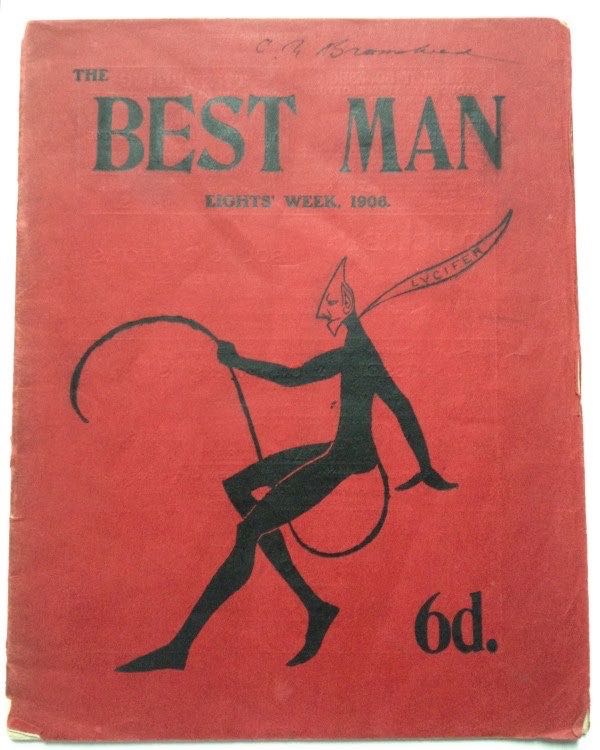
— — — —
— — — —
‘ Hey you don’t matter. What you’re making, the object, is the only thing that matters. Your ego is just an impediment. ’
— Larry Fagin
— — — —
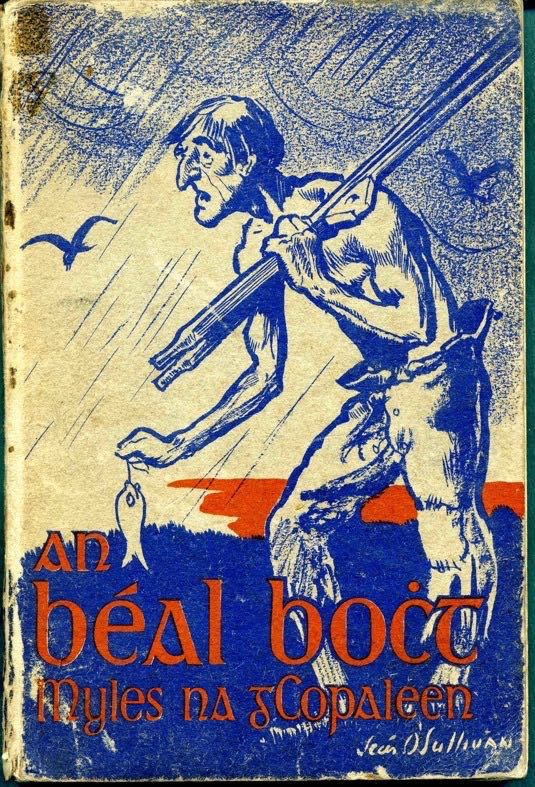
— [O’BRIEN, Flann, pseudonym of Brian O’Nolan]. An Béal Bócht, nó an milleánach, droch-sgéal ar an droch-shaogal. Curtha i n-eagar le Myles na gCopaleen. Baile Átha Cliath : An Press Náisiúnta, [1941]. First printing of The Poor Mouth. Cover and map endpapers by Seán O’Sullivan..
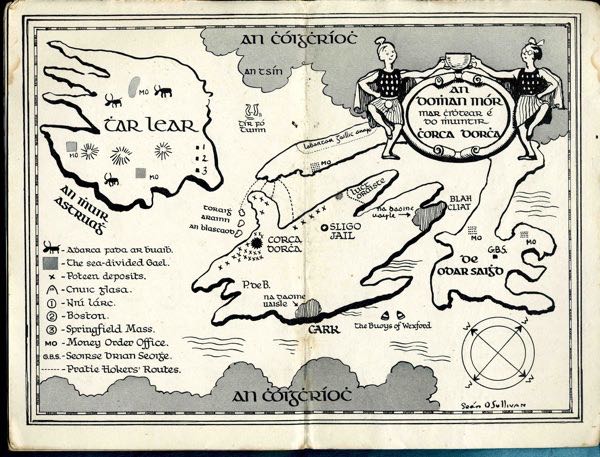
— — — —
mailbag roulette
autumn mailbag roulette : cats, dog, bunny, pancakes, orchards, & chili con carnage
end of summer mailbag roulette : cakes and bran ; includes delicious recipes
N.B. A cumulation of the mailbag roulette posts is in preparation. Gluten for Punishment (mid-April 2013) is still the winnner.
— — — —
Wander in the Archives
The Archives of the Endless Bookshelf have been swept and tidied and a guide has been prepared to assist wanderers. Index would be too strong a term : the headwords tend to be suggestive rather than directive. Start here. Have fun.
— — — —
This creaking and constantly evolving website of the endless bookshelf : I expect that some entries will be brief, others will take the form of more elaborate essays, and eventually I will become adept at incorporating comments or interactivity. Right now you’ll have to send links to me, dear readers. [HWW]
electronym : wessells
at aol dot com
Copyright © 2007-2013
Henry
Wessells and individual contributors.
Produced by Temporary
Culture, P.O.B. 43072, Upper Montclair, NJ 07043 USA.
